Four “Go-Getter” Keys to Becoming a Better DBA

Are you a seasoned DBA that’s feeling a bit stagnant? Or maybe a junior DBA who wants to elevate her DBA game? Perhaps, you’re an “Accidental DBA,” someone whose primary role is something besides DBA yet you’re being asked to take care of the database in your spare time?
Wherever you are in your career, if you’d like to become better at your job, the first place many people turn is technical training. Online courses like those on Pluralsight , or from Brent Ozar Unlimited or SQLskills, are phenomenal. In fact, we have Pluralsight subscriptions for our DBAs and most have been to either Brent’s or SQLSkills trainings. Highly recommended.
That said, technical chops, while important, are only part of the equation for success. You’ll want to consider the intangibles, too.
“The Go-Getter” by Peter B. Kyne is a classic tale of determination, initiative, teamwork, and service. It was first published in 1921, long before computers and databases. So, while the book may not seem like an obvious fit for a Database Administrator, the lessons it offers can be surprisingly relevant to the role.
Four keys from “The Go-Getter”
Here are four key takeaways from the book that DBAs can apply to their work.
Persistence is key to success
There’s an old joke in the DBA world – what does DBA really stands? Default Blame Acceptor.
Why? Because inevitably things will go wrong. Databases will corrupt, transactional replication will stop working, performance will tank, users with elevated permissions will truncate tables. Sometimes all on the same day. And all eyes are on you to fix it.
You’ll also face challenges that you’ve never seen before, challenges that require you to learn new skills. Maybe it’s setting up a distributed availability group from the local datacenter to the company’s Azure DR presence. Or perhaps the person responsible for the dozens of critical SSIS packages just left the company and now they are your responsibility.
You’ll need persistence. Persistence to stick with a challenging problem until it’s resolved. You’ll need persistence to continually learn new technical skills and keep up with new versions.
The determination and commitment to overcome obstacles can help you succeed in your role as a DBA.
Take initiative
Being prepared to react quickly when something goes wrong is good. Proactively monitoring and maintaining databases, identifying and addressing issues before they become disruptive events, making improvements to enhance performance before users complain. All good things.
Taking it a step further: Preemptively create a playbook to restore critical databases. Develop the scripts that will be required during the restore so you’re not doing it in the heat of the moment. Build a script library that you can use to diagnose performance issues, migrate and upgrade SQL Server instances, etc.
But don’t stop there.
Learn to go “upstream” and prevent issues early. Setup a Failover Cluster Instance or a High Availability Group to help keep systems available. See What’s the Difference in SQL Server FCIs and AGs? and How to Create SQL Server 2019 Failover Clustered Instances in Azure.
Learn to anticipate what problems may appear and address them now.
Be a team player
As a DBA, you’ll work with developers, business and data analysts, system administrators, storage admins, and other stakeholders who rely on the database to do their jobs effectively.
For example, you may work with developers to optimize queries or share best practices. You may collaborate with data architects to design effective data models. Or you may need to troubleshoot issues with network or storage administrators.
Collaboration and teamwork are essential to ensuring that the database runs smoothly and meets the needs of the organization.
Being willing to put the team’s needs ahead of personal interests can help build strong relationships and foster a positive work environment.
Play well with others.
Have a service mindset
Often DBAs have the reputation of defaulting to “no” without even knowing the why behind the question.
“Can I have elevated permissions to…” No!
“I need a new SQL Server insta….” No!
“I think…” No, No, NO!
Defaulting to “no” can certainly make our lives easier. But that’s not why we are DBAs. We work hard to take care of the database and to protect it from accidental or intentional misuse. We strive to make the SQL Server more reliable, more secure, and to make it perform well.
But we should look to do that while adding value and helping others. Take the time to listen to the requests of others and help them accomplish what they need, even if you cannot do it in the exact way they’ve asked for it. Explain why another approach may be better, faster, less costly, etc.
Approach your job with the heart of a servant leader.
What do these keys have in common?
All of these are “soft skills” or “people skills.” These are the skills that can set you apart. They’ll take you to the next level in your journey.
So, while “The Go-Getter” may not seem like an obvious fit for a DBA, the lessons of this short little book that’s over 100 years old can be surprisingly relevant. By staying persistent, taking initiative, being a team player, and keeping a service mindset, you can excel in your role and bring value to those you work with.
By the way and just to clarify, I am not endorsing the “blue vase” test or the management style that led to it in the book. That may have worked in the 1920’s but that’s no way to lead today. We’ve learned better.
Want to learn how our DBAs work with clients?
Want to learn more about how The SERO Group’s DBAs help our clients accomplish their missions? Contact us to learn more.


Recent Comments